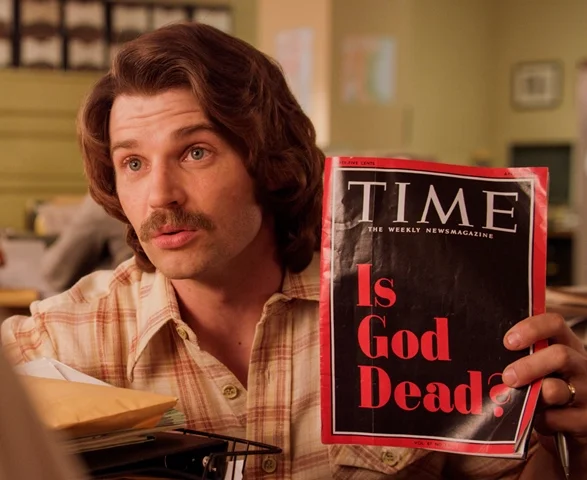Say "Tim Tebow" and Americans imagine a quarterback, kneeling with his head bowed and eyes closed.
For millions this image is inspiring. For others it's a ridiculous joke.
Say "Colin Kaepernick" and Americans imagine another quarterback, kneeling with head bowed or with his determined eyes gazing straight ahead.
For millions this image is inspiring. For others it's infuriating.
"They're both Christian football players, and they're both known for kneeling on the field, although for very different reasons," wrote Michael Frost, an evangelism professor at Morling College, a Baptist school in Sydney, Australia.
"One grew up the son of Baptist missionaries to the Philippines. The other was baptized Methodist, confirmed Lutheran and attended a Baptist church during college. Both have made a public display of their faith. … This is the tale of two Christian sports personalities, one of whom is the darling of the American church while the other is reviled."
According to Frost, these men symbolize two approaches to faith that some believers think cannot be reconciled. When his weblog essay was picked up by The Washington Post the headline proclaimed: "Colin Kaepernick vs. Tim Tebow: A tale of two Christians on their knees."
Around the world, Frost added, Tebow and Kaepernick represent a church "separating into two versions, one that values personal piety, gentleness, respect for cultural mores and an emphasis on moral issues like abortion and homosexuality, and another that values social justice, community development, racial reconciliation and political activism.










